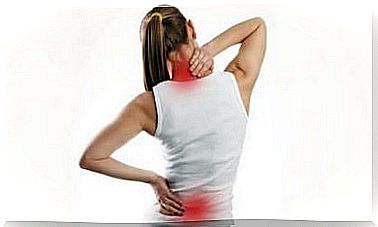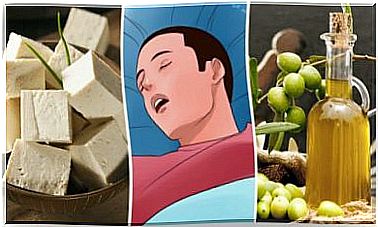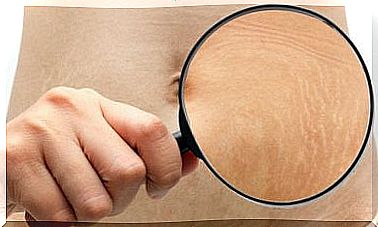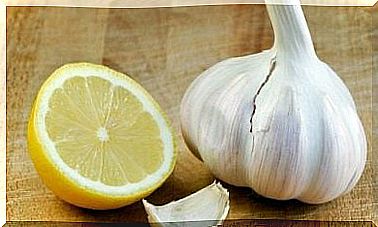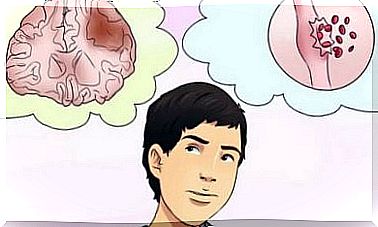Symptoms And Consequences Of Cardiac Arrhythmia
It is essential that we watch our diet so as not to suffer from cholesterol problems which damage our veins and arteries. It is also important that we do moderate exercise to activate our blood circulation.
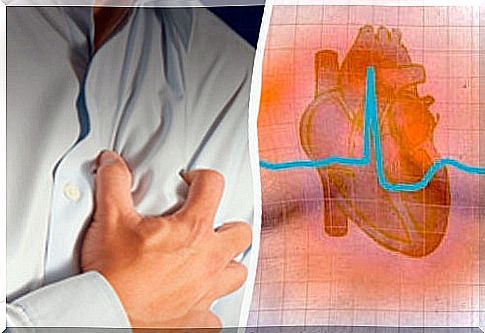
Have you ever felt tired or had your heart beat suddenly? In the majority of cases this is not serious, but it could be that in some people it turns into quite serious heart problems. We will give you more information on cardiac arrhythmia.
What is cardiac arrhythmia?
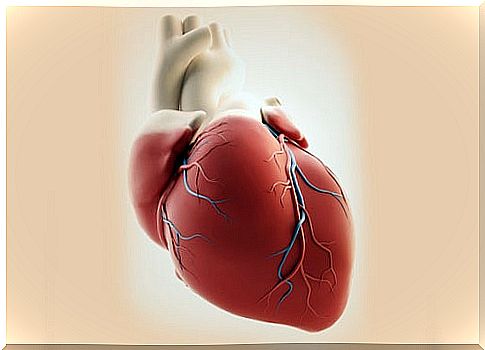
It is almost certain that you have already had an EKG in your life. It allows us to see the graphic representation of the electrical activity of our heart, which allows a specialist to appreciate the duration of our cardiac cycle and the mode of operation of the electrical network of our organ.
We can therefore say that cardiac arrhythmia is an alteration, more or less serious, of the heart rate and the pumping of the blood, which loses its effectiveness.
The different types of arrhythmia
- Sinus bradycardia: in this case, the heart rate is slower than normal, but it is not serious at all. This is often due to taking certain types of medication.
- Ventricular fibrillation: this arrhythmia is due to a totally altered electrical activity of the heart, which is very dangerous and requires medical intervention. It is surprising to notice that this kind of attack usually occurs in young patients, who play a lot of sport, and it often ends in the death of the individual.
It is a very serious pathology. The only symptom that can be controlled is the presence of a genetic or family history. - Congenital long QT syndrome: it is an inherited disease, made up of short and sudden tachycardias, which immediately make you lose consciousness.
- Atrial fibrillation: we can say that about 50% of patients who suffer from this cardiac arrhythmia can go from a completely normal state, to a very violent state of fibrillation in a few seconds, without there being any symptoms. that predict the attack. The only solution is to put in a pacemaker.
- Paroxysmal supra-ventricular tachycardia (TPSV): it usually occurs during intense effort. The arrhythmia can last from a few minutes to a few hours before going away.
It is often accompanied by a strong pain in the chest, and the lesion that causes it can be detected from childhood, as it is a well-known heart defect. It is therefore important to do regular check-ups.
Symptoms of cardiac arrhythmia
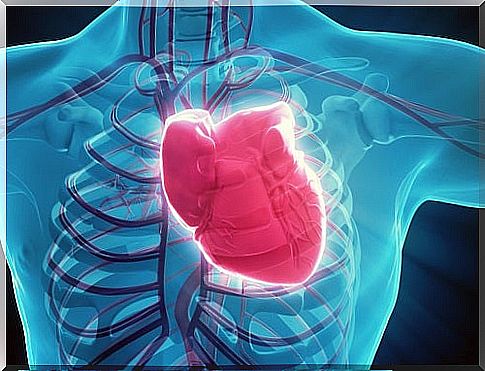
- Palpitations : this is very common. This can happen after an effort, or at rest, without you really knowing why. Sometimes they are even felt up to the neck. It is very important to know that these are also palpitations of the heart.
- Dizziness: it is very common to feel them after an effort. You will notice an increased heart rate, and you may feel dizzy or even pass out.
- Dyspnea or fatigue: if you lack air when you make an effort, it is dyspnea. You have to sit down because you have a cold sweat. Your head is spinning and you feel a lot of pressure in your chest, or in your neck.
This is something pretty serious, and you need to talk to your doctor about it soon. - Heart failure : this symptom is very serious. If you have it, you will need to be hospitalized. Otherwise, at some point you will feel that you cannot breathe and that something is happening in your body. You will be on the verge of fainting and will require immediate assistance.
- Syncope: This occurs when not enough blood is supplied to the brain. Fainting is immediate, but recovery can be rapid.
But, remember: all fainting has an origin, and you need to talk to your doctor. It doesn’t matter if you recover quickly afterwards and feel good.
Tips for taking care of your heart
We all know that in many cases heart problems are due to hereditary genetic factors, or to lesions that have been present since birth.
But, it should also be taken into consideration that 60% of cases of death from heart problems can be prevented by improving the quality of life. Follow our advice!
1. Pay attention to your weight
Always try to maintain an adequate weight, avoiding obesity.
2. Maintain a balanced diet
You already know that blue fish, lean meat, dried fruits, omega 3 and 6 fatty acids, olive oil, fruits and vegetables are great for the heart.
3. Watch your cholesterol
It is elementary and you know it, there is nothing worse than a high level of cholesterol for damaging the veins and arteries in our body, and therefore our heart.
4. Get a good rest
Get between 7 and 8 hours of sleep a day, it is ideal for your health.
5. Do light, but regular exercise
Go out for a walk every day, or run, cycle, etc. In this way, your arteries will be better dilated, and your blood pressure will naturally be lowered.
6. Reduce your stress and anxiety levels
Pay attention to your emotional life, reduce the pressure, the things that worry you. Treat yourself to a healthy life, in which you can enjoy the little things, your friends and family. Your heart will thank you!

